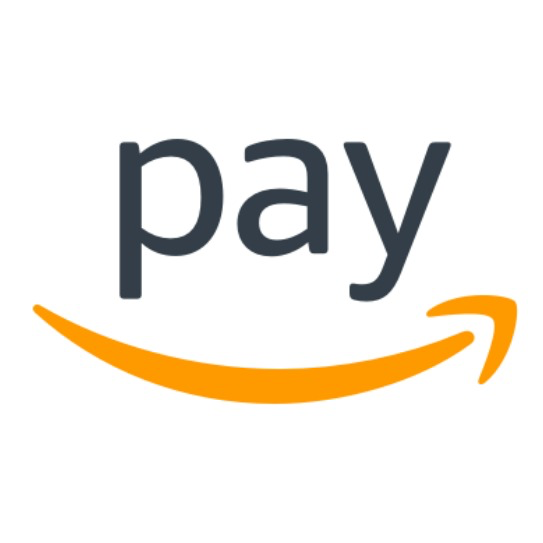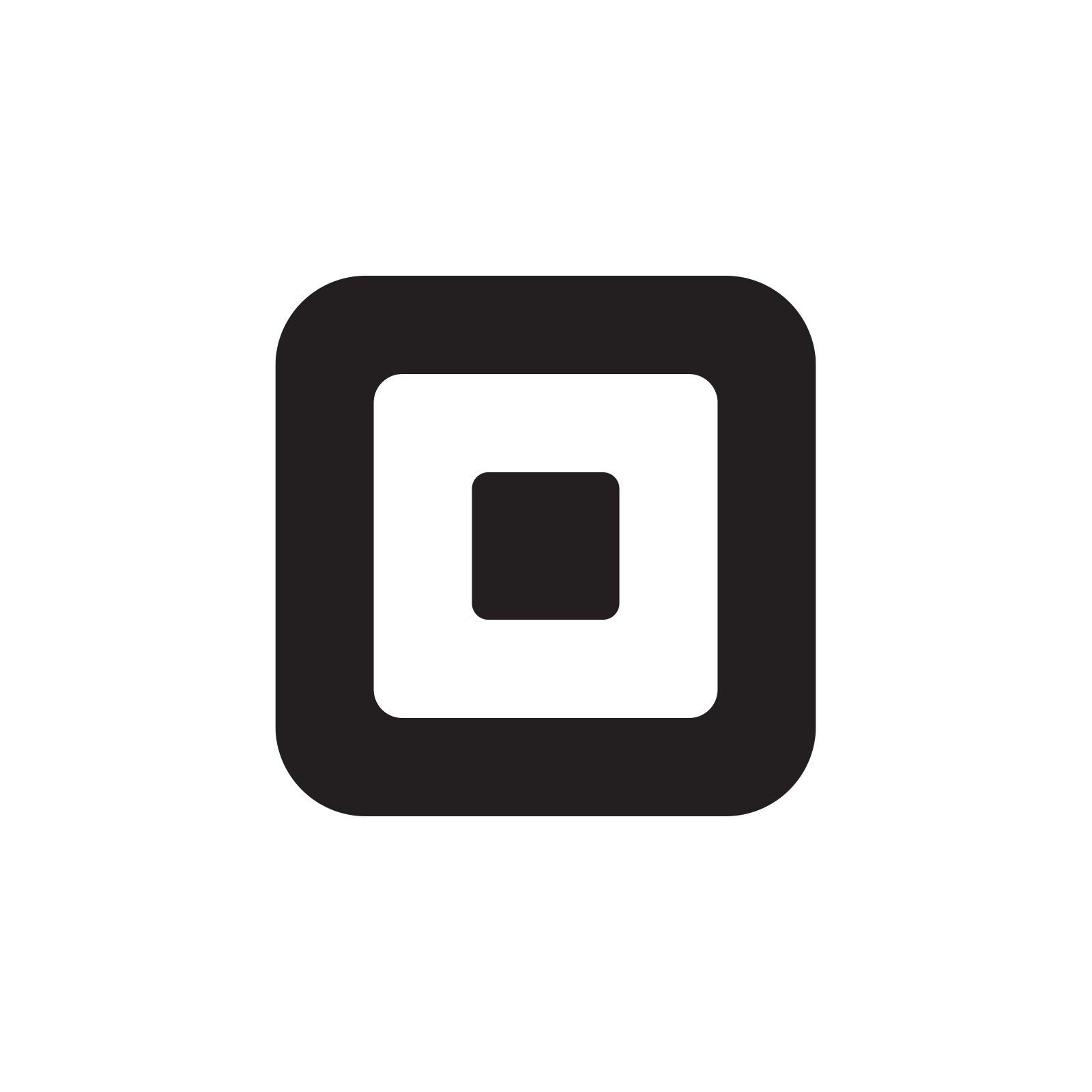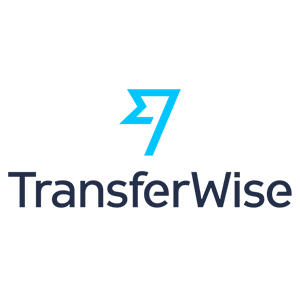Creating An API for Developers Earning $15K/Month
Hello! Who are you and what business did you start?
I’m Ervin Ruci.
My latest startup is geocode.xyz - a geoparsing, geocoding API for the world.
Launched in 2016, it has grown to thousands of daily users, over a hundred millions in monthly API calls and revenues of over $15k per month. That’s over 1,000% up from a year ago, and still growing fast - the current month is always higher than the previous one.

What's your backstory and how did you come up with the idea?
I have a background in CS and Math (My master CS thesis was on a class of 3SUM hard problems in Computational Geometry)
I’ve been building independent bootstrapped startups since 2005, when I...

























